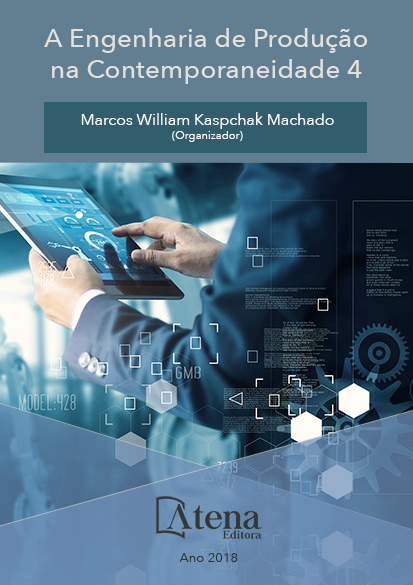
A GERAÇÃO DE CRÉDITOS DE CARBONO EM UMA INSTITUIÇÃO DE ENSINO SUPERIOR: DESAFIOS E OPORTUNIDADES
A meta do Desenvolvimento
Sustentável continua tendo papel de destaque
na sociedade humana e é neste cenário que
as Instituições de Ensino Superior (IES) se
destacam pela sua relevância e necessidade
de ação, sendo chamadas a ocupar um posto
de liderança neste processo, tendo como
uma de suas competências a Educação para
o Desenvolvimento Sustentável (EDS). No
entanto, pouco se estuda sobre o impacto
dos resíduos gerados nessas instituições com
relação ao aumento da emissão de Gases
de Efeito Estufa e menos ainda sobre a
inserção em mercados voltados à negociação
de créditos de carbono. Desta forma, este
trabalho realizou a quantificação dos resíduos
gerados em um campus universitário e
sua conversão em créditos de carbono. Os
resultados demonstraram que a universidade
gerou no período de 6 meses 267.855 créditos.
Conclui-se, portanto, que há um potencial nas
Instituições de Ensino Superior de fazer parte
do mercado de carbono, visto que possuem
não só capacidade de gerenciar seus resíduos,
como responsabilidade no que tange aspectos
relacionados ao meio ambiente, podendo
desta forma ser um agente de transformação
na sociedade, gerando ideias e ações que
busquem resolver ou minimizar o impacto
gerado pelos gases de efeito estufa.
A GERAÇÃO DE CRÉDITOS DE CARBONO EM UMA INSTITUIÇÃO DE ENSINO SUPERIOR: DESAFIOS E OPORTUNIDADES
-
DOI: 10.22533/at.ed.0181809123
-
Palavras-chave: Redução dos resíduos. Gases de Efeito Estufa. Mercado de Carbono.
-
Keywords: Reduction of waste. Greenhouse Gases. Carbon Market.
-
Abstract:
The goal of Sustainable
Development continues to play a prominent
role in human society and it is in this context
that Higher Education Institutions (HEI) stand
out for their relevance and need for action,
being called to occupy a leading position in this
process, having as a Education for Sustainable
Development (ESD). However, little is studied
about the impact of the residues generated
in these institutions in relation to the increase
of the emission of greenhouse gases and
still less on the insertion in markets aimed at
the negotiation of carbon credits. In this way,
this work quantified the waste generated in a
university campus and its conversion into carbon
credits. the results showed that the university
generated in the period of 6 months 267,855
credits. It is concluded, therefore, that there is
a potential in Higher Education Institutions to
be part of the carbon market, since they have
not only capacity to manage their waste, but
also responsibility for aspects related to the environment. Transformation in society,
generating ideas and actions that seek to solve or minimize the impact generated by
greenhouse gases.
-
Número de páginas: 15
- Fernanda Camargo Barrile


